Nashik: 7499839439
Ghoti: 8237962176
1) Screening of Diabetic and other retinal disorders
2) Retinal surgeries including complex retinal detachment, diabetic vitrectomies
3) Retinal lasers and intravitreal Injections
4) Ocular trauma management
5) ROP screening and management
6) Uveitis and neuro- ophthalmic management
The retina is the innermost layer of the eye where the image is formed and is then converted into nerve signals and relayed to the brain, for us to understand what we are seeing.
Diabetic Retinopathy
Diabetic retinopathy is a leading cause of blindness world wide. It affects blood vessels of the retina (the innermost layer of the eye), further causing retinal damage and impairment of vision. the light-sensitive layer at the back of the eye, leads to this condition.

Early Stage Blurred Vision

Second Stage Faded/Changed Color

Vision Loss
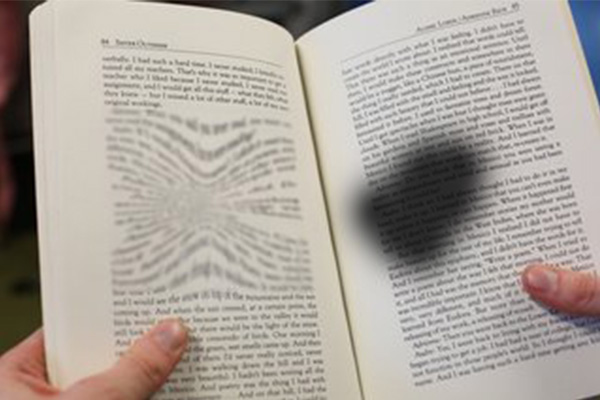
Difficulty in reading
Symptoms
If you have Diabetic Retinopathy, you may observe: Floaters, Spots, or Strings, Blurry Vision, Fluctuating Vision, Poor Color Vision & Contrast, Difficulty in seeing at Night, Blind Spots in Field of Vision.
Treatment options for Diabetic retinopathy
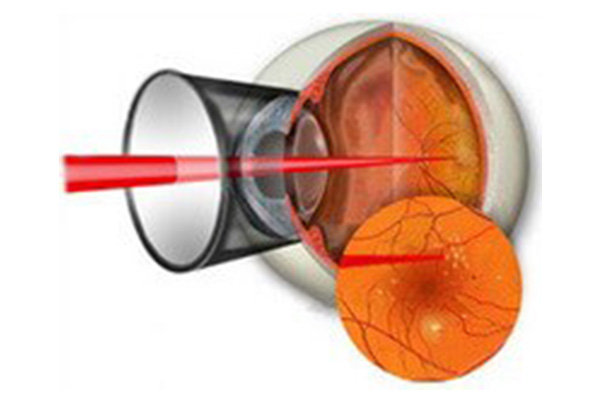
Laser Photocoagulation
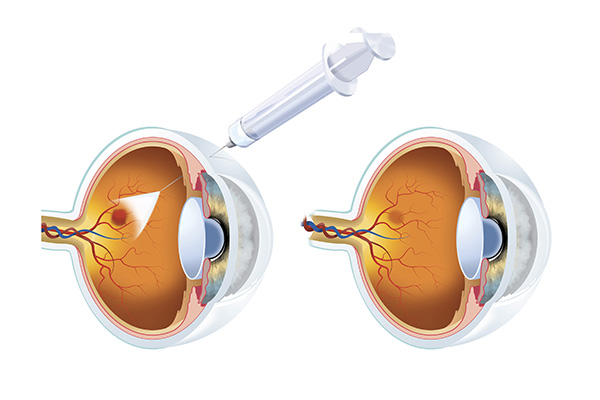
Intravitreal Steroids
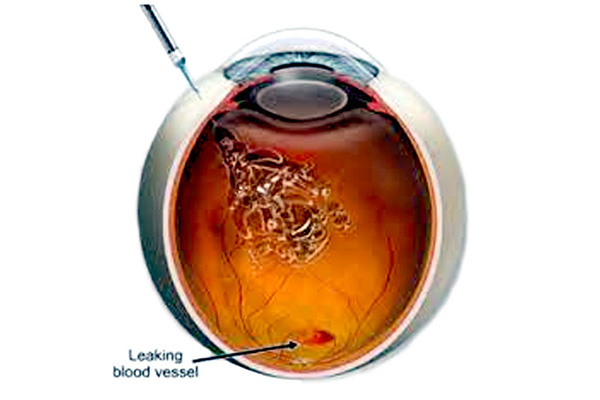
Intravitreal Anti-VEGF Injection
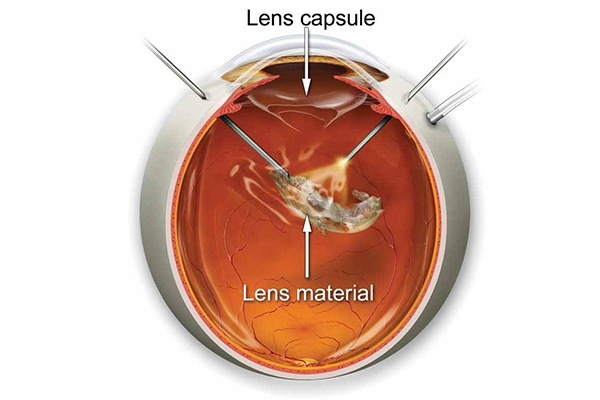
Surgery
Retinal Detachment
Retinal detachment is an emergency condition in which the inner most layer of eye (retina) gets detached from choroid (middle layer of eye). Treatment of retinal detachment is only surgery. Different surgeries available are pnemoretinopexy, scleral buckling and vitrectomy. Choice of surgery varies with individual case. Early surgery gives better prognosis.
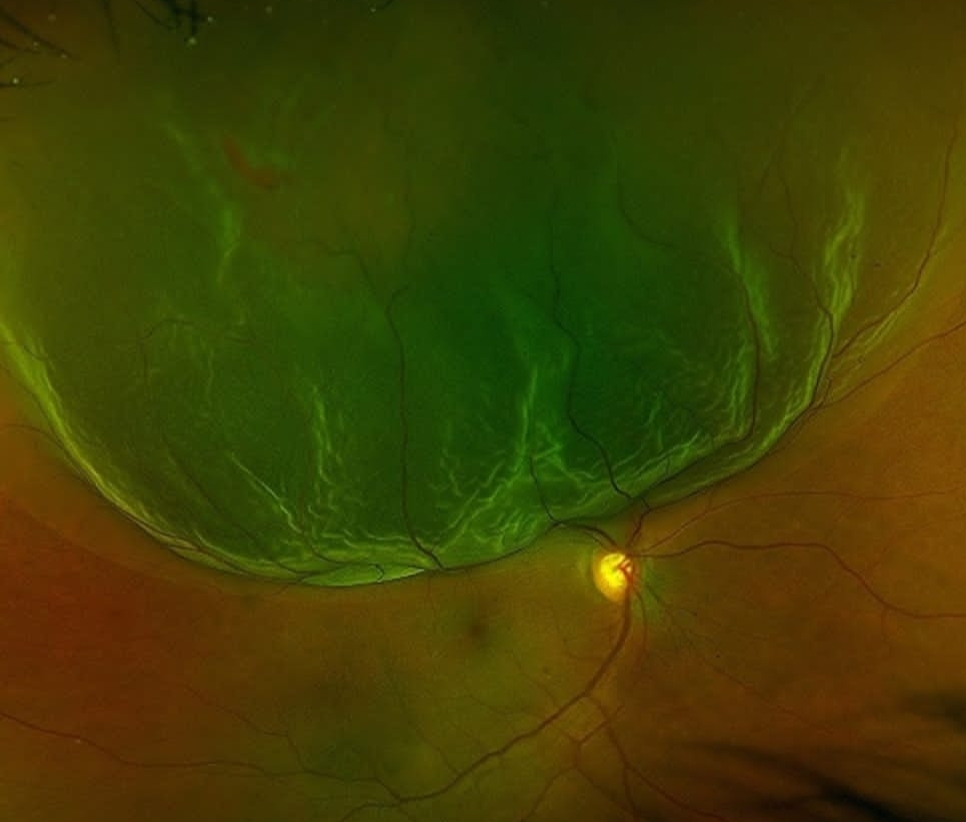
What Happens In Retinal Detachment
The detached retina is a serious and sight-threatening experience, occurring when the retina becomes separated from its primary supportive tissue. The retina cannot work when these layers are detached. And unless soon the retina is reattached, permanent vision loss may result.
